What are carbohydrates and what is their role in good health? Have you ever thought about it? Apples like red delicious, no matter large or small, are a great source that contains carbs. Carbohydrates are actually the same as the sugars, starches, and fiber found in fruits, beans, vegetables, and dairy products. Although most people today think of carbohydrates as a disgusting food, they are actually one of the basic and essential food groups for healthy living. Carbohydrates are the body’s main source of energy and are called carbohydrates because they are chemically composed of carbon, hydrogen, and oxygen. Because carbohydrates are one of the body’s three main sources of energy and calories, they are a high-consumption food.
According to researchers, the three most common nutrients—carbohydrate, protein, and fat—are vital to the body, and the body generally needs all of them in large amounts. However, since the body cannot produce these elements on its own, it must obtain them from food.
The RDA is an indicator of the amount of a substance in the diet that meets the needs of most people. The National Institutes of Health (NIH) recommends a carbohydrate index of 135 grams. However, it is important to stress that the amount of carbohydrates depends on each individual’s needs.
In fact, for most people, carbohydrates should make up between 45% and 65% of the total calories reaching the body. One gram of carbohydrates equals approximately 4 calories, so a daily 1,800-calorie diet equals approximately 202 to 292 grams of carbohydrates. However, you should note that diabetics can consume 200 grams of carbohydrates per day, while pregnant women should consume at least 175 grams of carbohydrates per day. As mentioned earlier, the amount of carbohydrates depends on each individual’s needs.
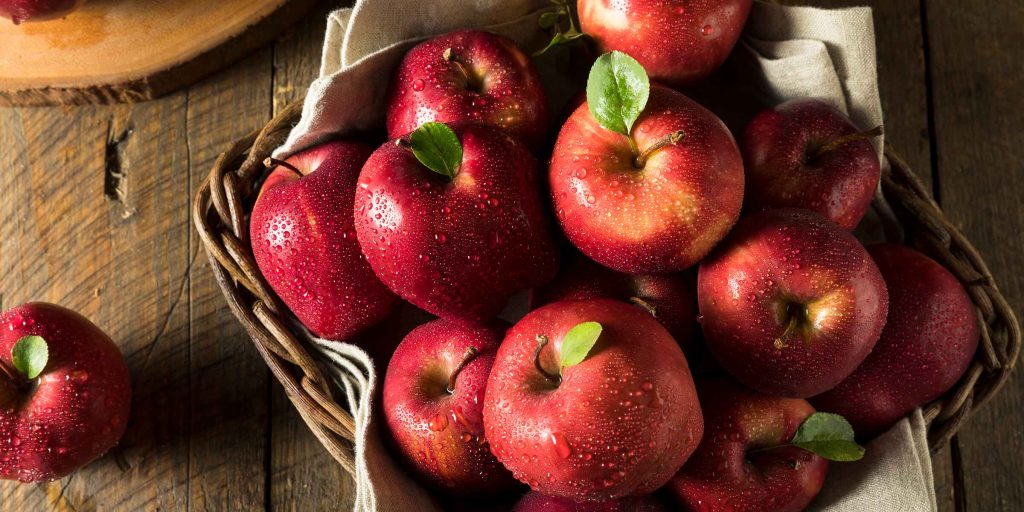
Carbohydrate function
According to the findings; carbohydrates actually provide enough energy for the fuel the central nervous system needs and for muscle function. On the other hand, they prevent the loss of protein as an energy source by increasing fat metabolism, so that when the body needs energy, it burns fat instead of protein.
Carbohydrates play an important role in brain function. They are effective on mood, memory and are a very good and fast source of energy for the body. In fact, the RDA for carbohydrates depends on the amount of this substance that the brain needs.
Simple and complex carbohydrates
Carbohydrates are divided into simple and complex groups. The difference between the two groups is their chemical structure and how fast they absorb or digest sugar. Simple carbohydrates are faster, easier to digest, and absorb than complex carbohydrates.
According to the National Institutes of Health; simple carbohydrates that contain only one or two sugars, such as fructose (the sugar found in fruit) and galactose (the sugar found in dairy products), are called monosaccharides, while Carbohydrates (dairy products and maltose (found in beer and some vegetables) containing two sugars, sucrose (sugar) and lactose) are called disaccharides. Simple carbs are found in candy and sugar-sweetened beverages, but because they are made with refined sugar, they are low in minerals and fiber, and the National Institutes of Health considers them free of energy and energy that can only lead to weight gain. Nutrients.
Complex carbohydrates (polysaccharides) contain three or more types of sugars. They are commonly found in starchy foods, beans, peas, lentils, peanuts, potatoes, corn, carrots, whole grain breads, grains and beans.
While all carbohydrates are quick sources of energy, simple carbohydrates produce energy faster than complex carbohydrates because they are digested and absorbed faster. Simple carbs quickly affect and raise blood sugar, while complex carbs produce more sustainable energy.
Studies have shown; saturated fats should not be replaced by simple carbohydrates (found in many processed foods) as this increases the risk of heart disease and type 2 diabetes. It’s best to try adding more of the complex top-notch carbohydrates found in vegetables and grains to your diet.

Sugar, starch and fiber
Carbohydrates in the body are broken down into smaller sugar units such as glucose and fructose. The small intestine absorbs these units, which then enter the bloodstream and are transported to the liver. The liver converts all these sugars into glucose, which is converted through the blood, along with insulin, into the main energy for physical activity.
At this point, if the body does not need this sugar for energy, it can store 2,000 calories of glycogen in the liver and muscles. Once these glycogen stores are depleted, carbohydrates are stored as fat. If you do not eat enough carbohydrates and store them in your body, your body will inevitably burn protein for energy. On the other hand, muscles need protein, and burning protein instead of carbohydrates puts pressure on the kidneys, making urination painful.
Fiber is essential for digestion, making healthy bowel movements easier, and preventing chronic diseases like heart disease and diabetes. However, unlike sugars and starches, fiber is not absorbed and converted to glucose in the small intestine, according to the USDA. Instead, it enters the large intestine intact, where it is converted into hydrogen, carbon dioxide, and fatty acids. The institute recommends 14 grams of fiber per 1,000 calories, which you can get from fruits, vegetables, whole grains, and especially legumes.
Smart people say; you can get carbs naturally from dairy and starchy vegetables (potatoes and corn) that have more carbohydrates or non-starchy vegetables (lettuce, cabbage, green beans, celery, carrots, and broccoli). According to the American Diabetes Association, non-starchy vegetables contain only about 5 grams of carbohydrates per cup of raw vegetables, most of which comes from fiber sources.

Good carbs and bad carbs
Carbohydrates are found in foods that are good for us (like vegetables) and foods that we think are bad (like doughnuts). This allows carbs to be divided into good carbs and bad carbs. Bad carbs are commonly found in candy, processed foods, and white-flour products like rice and white bread, and are simple carbs that usually have no nutritional value.
Good carbs are usually complex carbs stored in whole grains, fruits, vegetables, beans, and legumes. Not only are these substances slower in performance, but they are also rich in other nutrients.
Good carbs are usually:
Low or moderate heat;
They are nutritious;
Refined sugar and grains do not;
Naturally, they are high in fiber.
They contain small amounts of sodium;
They are low in saturated fat;
They have little or no cholesterol and are high in trans fats.

Bad carbs:
They are high in calories;
They are high in refined sugars such as corn syrup, white sugar, honey and fruit juices;
They have a lot of refined grains (like white flour);
They have very few nutrients;
They have almost no fiber;
They are high in sodium;
They are sometimes high in saturated fat;
Sometimes they have high cholesterol and high trans fats.

Glycemic index
Nutritionists have recently discovered that carbohydrates have an important glycemic index. What matters is how fast the glycemic index rises or how carbohydrates affect the rise in blood sugar.
High-sugar foods, such as sweets, raise blood sugar quickly, while low-sugar foods raise blood sugar slowly, but to a lesser extent. According to a Harvard study; high-glycemic foods are linked to diabetes, obesity, heart disease, and certain cancers. On the other hand, other research findings suggest that even following a low-sugar diet may not help.
Carbohydrate Benefits; The right types of carbs are great for your body, and not only are they vital to your health, but we’ll walk you through a few of these benefits:
Mental Health
Carbohydrates may be beneficial for mental health. According to a 2009 study, people who were high in fat and followed a low-carb diet for a year were more likely to suffer from depression, anxiety, and anger than those on a low-fat, high-carb diet. In view of this, scientists believe that carbohydrates are related to the production of serotonin in the brain.
Carbohydrates may also help improve memory. According to a 2008 study, a select group of overweight women completely eliminated carbohydrates from their diets within a week. Their cognitive skills, visual attention, and environmental memory were then tested. The results of this study showed that overweight women (who ate healthy carbohydrates) had significantly better memory performance than women who were tested.
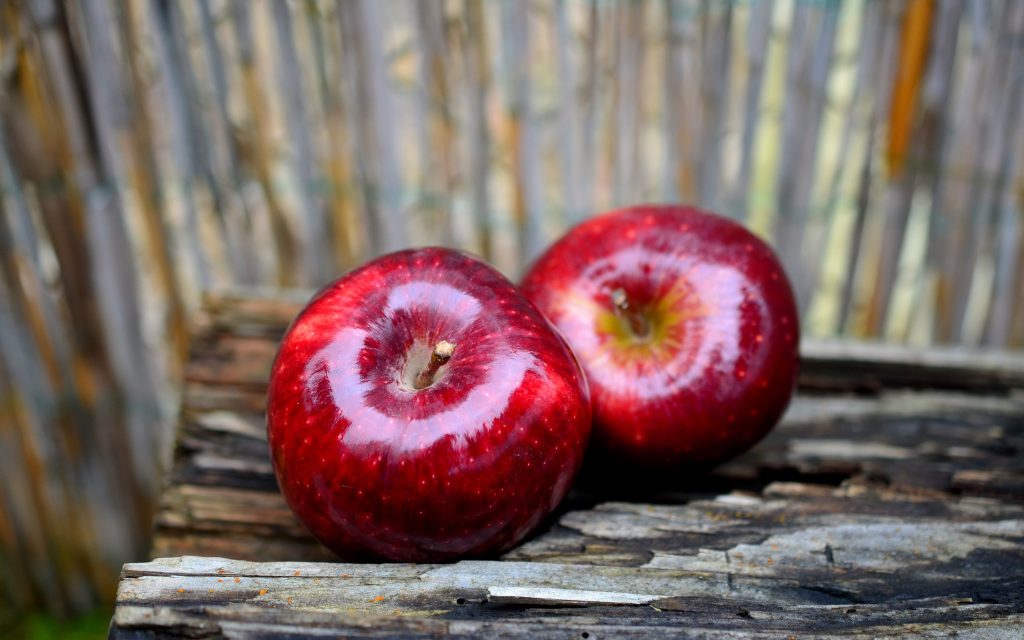
Lose weight
While the biggest hindrance to carbs is their effect on weight gain, a good carb can actually help you lose weight and maintain a healthy weight, as many good carbs, like whole grains and peeled vegetables, are rich in fiber. As you know, it can be difficult to get enough fiber from a low-carb diet. Getting fiber is important because it makes you feel full, and on the other hand, it’s a relatively low-calorie food.
In 2009, a study published in the Journal of Nutrition looked at the diets of some middle-aged women over a 20-month period. People who ate more fiber during this period lost more weight than those who ate less fiber. Another study in the same direction showed that people who opted for a low-fat diet lost weight, but those who cut carbs did not.
Good source of nutrition
Unprocessed fruits and vegetables are generally considered good sources of nutrition. These wonderful foods include leafy green vegetables, potatoes, juicy berries, tart citrus fruits, and crispy apples, all of which are high in carbohydrates.
One of the most important sources of high-quality carbohydrates is whole grains. An extensive 2010 study, published in the American Journal of Dietetics, showed that eating a variety of grains rich in fiber, energy, and unsaturated fats is better than eating a diet high in all trace elements. Except for vitamin B12 and sodium) answered. Another study (2014) published in the Journal of Food Science and Technology and Nutrition found that antioxidants previously thought to be only present in fruits and vegetables are also present in whole grains.
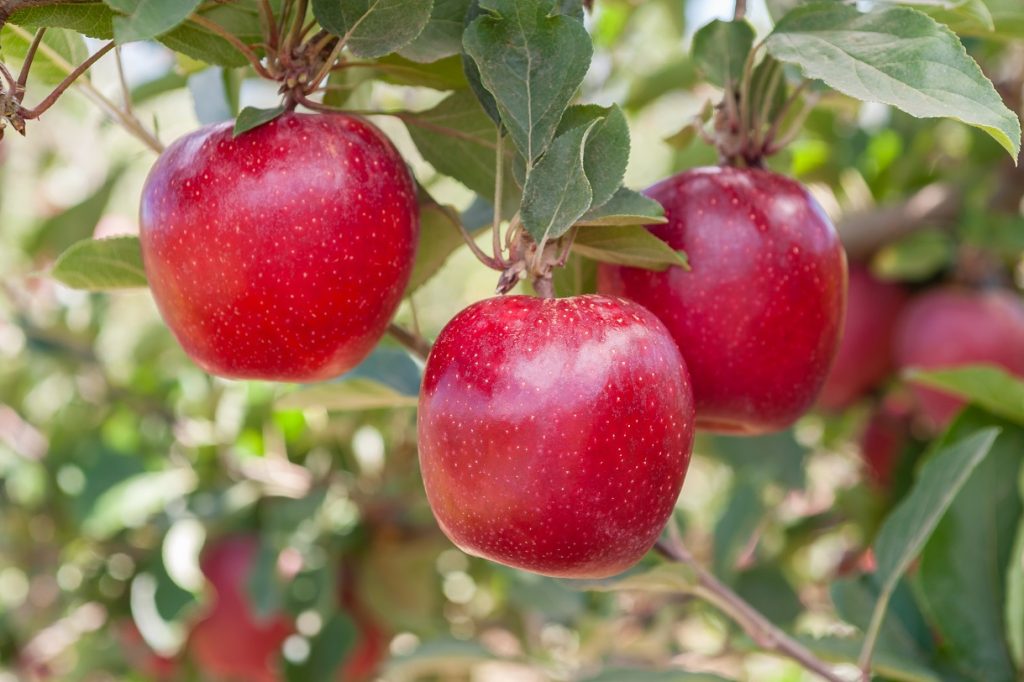
Heart health
Fiber also lowers cholesterol, says Kelly Tupps, an expert at the Whole Grains Association. As you know, the body’s digestive process requires bile acids, which are made from cholesterol. To improve digestion, the liver removes cholesterol from the blood to produce bile acids, which lower bad cholesterol (LDL) levels.
Citing a study published in the American Journal of Nutrition on the effects of whole grains on cholesterol-lowering patients taking statins, Tops said that those who ate more than 16 grams of whole grains in their diets per day had lower bad cholesterol than those on statins but not on a diet high in whole grains.
Carbohydrate deficiency
Not getting enough carbs can cause problems because, without enough fuel, the body has no energy, which means life has to stop! In addition, a lack of carbohydrates can lead to a lack of sugar, which can disrupt the nervous system, leading to dizziness, and weakness, also known as hypoglycemia or hypoglycemia.
As mentioned, based on the achievements of academic researchers; if the body does not store and consume enough carbohydrates, it uses protein for fuel, which is very harmful to the body, because muscles need protein stored in the body, and protein the excretion of caffeine can cause problems with the kidneys and renal processes. Painful urination. It brings other problems.
People who are not eating enough carbohydrates are also deficient in fiber, which can lead to digestive problems and constipation, which in turn can lead to more important problems in the body.

Red delicious apple carbs
Which fruits and vegetables have the highest cabs content? Do only red delicious apples contain carbs? Absolutely not, let’s read and learn more. Carbohydrates are the most well-known macronutrient that has recently come under attack in the weight loss field.
Of course, there may be some truth behind this negative reputation, but not all carbs have the same effect on the body. Simple carbohydrates, like sugar and processed grains, are easily broken down by the body.
Soft drinks, candy, sweetened cereal, white bread, and packaged snacks are all examples of simple carbohydrates. These carbohydrates are broken down into simple glucose molecules and enter the bloodstream immediately.
This rapid rise in blood sugar causes the body to secrete too much insulin. Insulin absorbs glucose from the blood and transports it to the body’s cells for energy and storage. Another effect of insulin is to increase fat storage. So a steady rise in blood sugar and insulin levels increases fat storage, which is why carbs are so misunderstood!
But on the other hand, complex carbohydrates also contain fiber. Fiber slows the release of glucose into the bloodstream, thereby reducing the need for insulin. Complex carbohydrates can be found in whole grains, vegetables, fruits, and legumes.
In addition to being a source of fiber, these foods also contain important vitamins, minerals, and antioxidants. Following a low-carb diet common in weight loss programs can severely limit fruit and vegetable consumption.

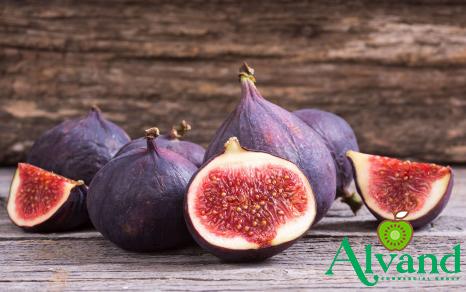
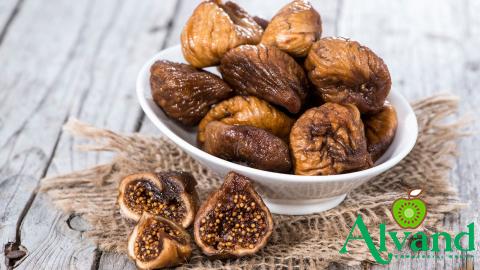


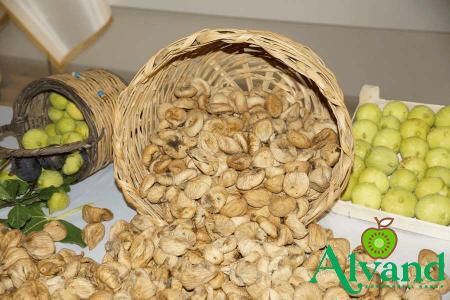
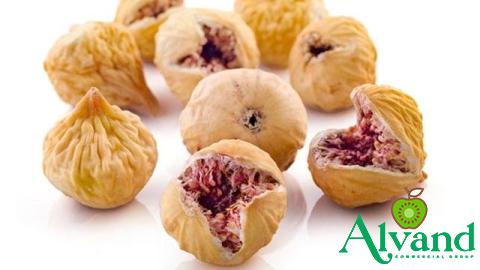

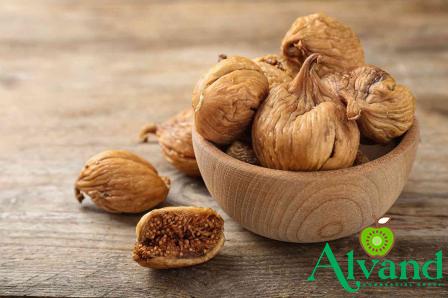

Your comment submitted.